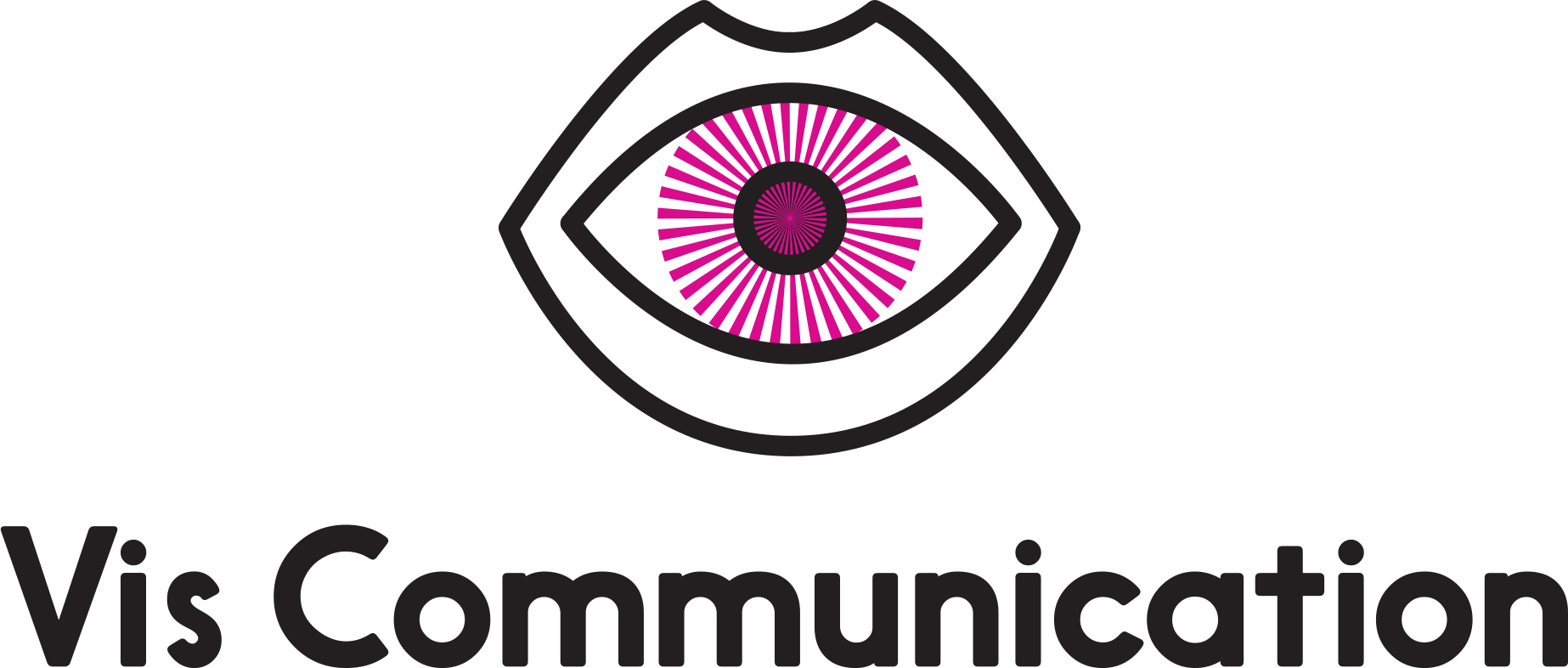No As Without Qs

I might have a bit of a reputation as a question asker. Occasionally, it's taken as aggressive. I'm not sure how asking a question in my job is aggressive. I think often people get defensive when they don't have an answer. My questions come from a place of not just wanting to know the answer, but needing to know the answer in order to do my job. If you don't have the answer, that's fine, lets find out what it is. But I'm not making up questions randomly. An answer will be helpful even if it isn't obvious to you just how. But more and more I feel like nobody else is asking many questions.
Is it a generational thing? A lot of peope I work with tend to not ask many questions. They might be the type to just figure it out themselves. And there's a great resourcefulness there, but it can be inefficient if you could simply ask the person in front of you.
Is it a fear of acknowledging that you don't know something? I have been in meetings where it was pretty clear to me that most people were either confused or completely lost as to what the speaker was talking about, but nobody wanted to ask about it. Everybody wanted everybody else to assume they knew exactly what was being explained. Only later would anyone admit in a smaller group or individually that they didn't have a clue. Why not just ask? Thanks corporate culture.
I've been reading How Big Things Get Done and it talks about how the architect Frank Gehry approaches a new project.
"What Gehry means by questioning isn’t doubting or criticizing, much less attacking or tearing down. He means asking questions with an open-minded desire to learn. It is, in a word, exploration. “You’re being curious,” he says.
In this frame of mind, the first thing Gehry does when he meets with potential clients is engage in long conversations. This isn’t chitchat or Gehry being personable, and it doesn’t involve his delivering lectures about architectural theory or dwelling on the visions bubbling in his imagination. Instead, he asks questions. With no motive but curiosity, he explores the client’s needs, aspirations, fears, and everything else that has brought them to his door. The whole conversation starts with a simple question: “Why are you doing this project?”
I feel like I have to acknowledge here that women might especially fear being looked at as stupid or looked down upon. I got over that. But it's a real thing in the workplace. When I do ask a question in a meeting, sometimes I feel a palpable sense of relief from the room. It often encourages others to ask questions as well.
Do some people feel personally challenged when you ask them a question? I don't really understand this point of view unless you're trying to hide the fact that you have no idea. I just admitted I didn't know something by asking a question. So it shouldn't be that big a deal for you to admit the same. As long as we commit to finding the answer, it's all good.
I'm also just a curious person. I wanna know why something is the way it is. Or why it isn't. This can help greatly with understanding the strategy of a project or the customer you're trying to communicate with or your own motivations. If you're not sure where to start asking questions, one simple technique I learned is the 5 Whys. And it's as simple as that. Ask why something is, and with each answer, ask why again four more times. Here's a completely made up but illustrative example:
Q: Why is pepperoni pizza so expensive?
A: Because the price of pepperoni is has gone up.
Q: Why?
A: Because there is a pepperoni shortage.
Q: Why?
A: Aliens stole half the pepperoni supply.
Q: Why?
A: Turns out they love pepperoni and can't get it on their planet.
Q: Why?
A: No oxygen on their planet to raise animals.
You don't always have to go five levels, but you can quickly see the first answer is really not that deep and there's a lot more to learn.
For the Designer:
Be curious. Don't accept answers at face value if you think there may be something deeper to explore. If you go down a rabbit hole and there wasn't anything there after all, that's OK. That's exploration. Ask questions that allow you to do your job better. Or to meet expectations better. Or to create the best solution for the problem. Or fix problems before they occur. You can’t create the best solution if you don't really understand the problem. Like is it really the cost of pepperoni? Stop worrying about asking a question making you seem stupid, when actually the opposite is true.
For the Client:
Same goes for you – ask questions! Don't know when you should expect to see concepts? Not sure the best place to communicate with your customers? Unsure what their true motivations are? Ask. And if your designer is asking questions of you and you don't have the answer, just say so. Find out together. You may realize that you didn't know as much about your customer as you thought you did. Or didn't think about an alternative perspective. Sometimes questions breed more questions and that's OK too.

